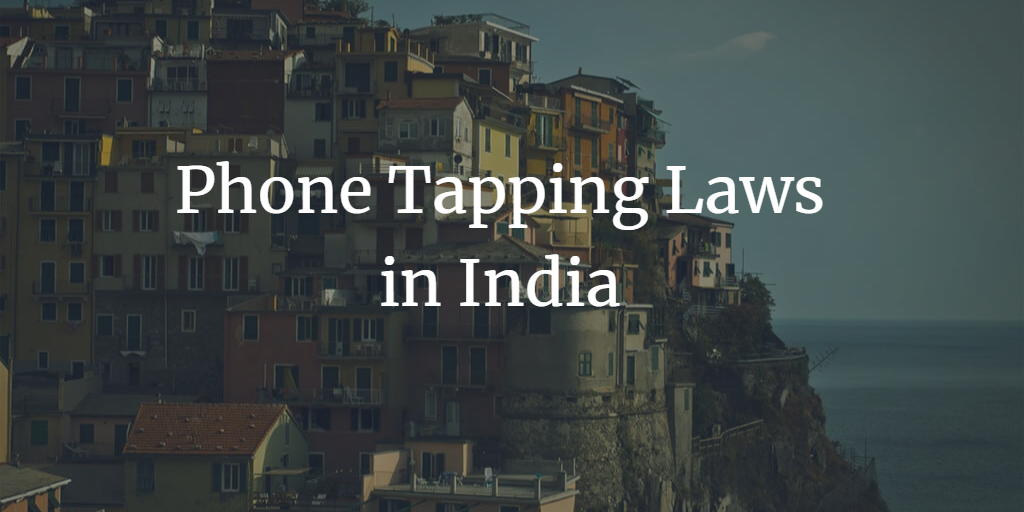Phone Tapping Laws in India: Balancing Public Safety and Privacy

Table of Contents
Introduction
Legal Framework for Phone Tapping
Safeguards and Limitations
Privacy Concerns
Balancing Public Safety and Privacy
Conclusion
Introduction
Phone tapping, or the interception of telephone conversations, is a sensitive and controversial issue in India, as it involves a delicate balance between public safety and individual privacy. This article examines the legal framework governing phone tapping in India, the safeguards and limitations in place, privacy concerns, and how the law seeks to balance the interests of public safety and individual rights.
Legal Framework for Phone Tapping
In India, phone tapping is regulated primarily by the Indian Telegraph Act, 1885, and the Information Technology (IT) Act, 2000. Section 5(2) of the Indian Telegraph Act allows for the interception of telephone conversations in the interests of public safety or maintaining public order, provided that it is authorized by the appropriate government authority. The IT Act, on the other hand, allows for the interception of electronic communications under certain circumstances.
In addition, the Supreme Court of India, in the landmark case PUCL v. Union of India (1997), laid down specific guidelines and procedural safeguards to prevent the misuse of phone tapping powers by government authorities.
Safeguards and Limitations
To ensure that phone tapping is carried out only in the interest of public safety and within the bounds of the law, several safeguards and limitations have been put in place:
Authorization: Phone tapping must be authorized by the appropriate government authority, such as the Union Home Secretary or the state's Home Secretary.
Necessity: Interception should only be allowed when it is necessary in the interests of public safety or to maintain public order.
Proportionality: The degree of intrusion into an individual's privacy must be proportionate to the objective of the interception.
Duration: Phone tapping should be limited to the shortest possible duration and should not exceed the period specified in the authorization.
Review and oversight: Regular review and oversight mechanisms must be in place to ensure that phone tapping is carried out in accordance with the law and established guidelines.
Privacy Concerns
Despite the safeguards in place, phone tapping remains a contentious issue in India due to the potential infringement on individual privacy. In 2017, the Supreme Court of India recognized the right to privacy as a fundamental right under the Indian Constitution, which has further intensified the debate around phone tapping and its implications for privacy.
Balancing Public Safety and Privacy
Striking the right balance between public safety and individual privacy is crucial when it comes to phone tapping. The legal framework and safeguards aim to ensure that phone tapping is used judiciously and only when necessary for public safety or maintaining public order. However, constant vigilance and review are required to prevent potential misuse of these powers and protect the fundamental right to privacy.
Conclusion
Phone tapping in India is governed by a legal framework that seeks to balance the interests of public safety and individual privacy. While the Indian Telegraph Act and the IT Act provide the basis for phone tapping, the safeguards and limitations established by the Supreme Court of India aim to prevent its misuse. Ensuring the appropriate use of phone tapping and protecting individual privacy requires constant review, oversight, and adherence to the established guidelines. As technology continues to evolve, it will be crucial for the legal framework to adapt and maintain the delicate balance between public safety and the right to privacy.


